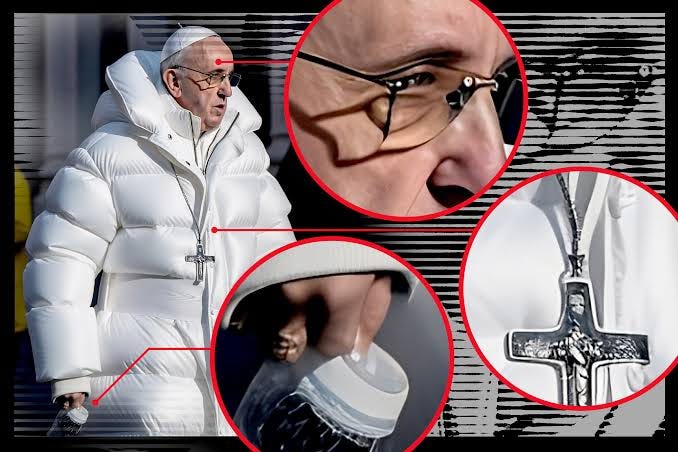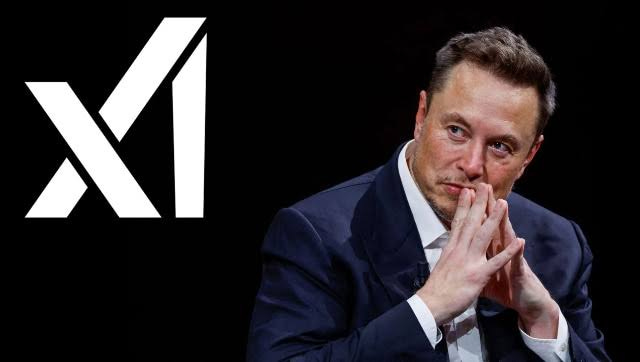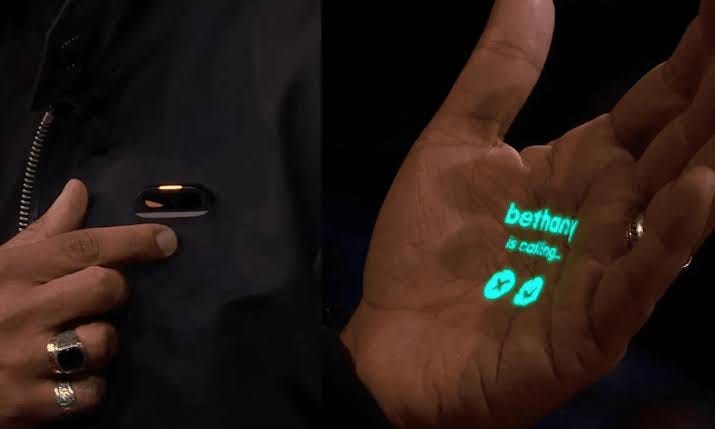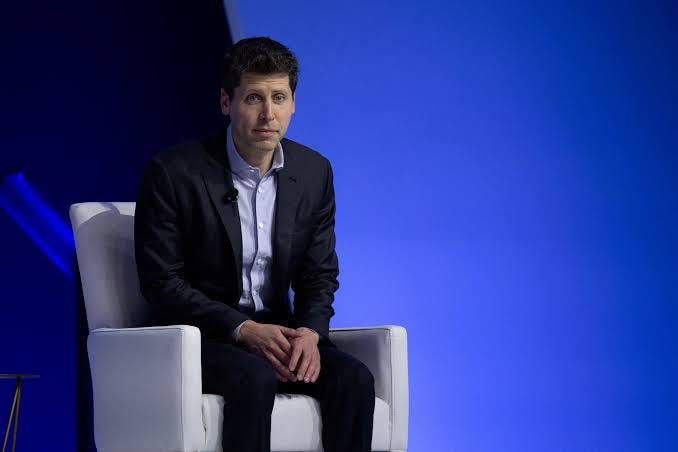Hello,
It’s been some time, and I am happy to write to you again.
Well, this’d be the last email of the year.
Last week Friday, I was supposed to write a Friday Digest issue for the biggest weekly developments. But as 2023 comes to its end, I figured it might be better I write a BIGGER issue – the biggest developments of the year!
A’ight, here they are:
January – March
At the beginning of the year, tech giant Microsoft 10x’d their (financial) trust in OpenAI with a staggering $10B investment.

ChatGPT had become the faster growing consumer app in history, and it sure looked like a reasonable choice. I’d have invested $20B if I had the bucks. The ChatGPT maker is currently raising money at a valuation of $100B, and if all goes well, they will be the second most valuable US startup behind Elon Musk’s SpaceX.
And it seems AI is just as cool as space to the people with the bucks.
Big Tech was at it in February. Meta did a surprise take, launching Llama 2, an open-source model, and winning them the praise of the open-source community. Seeing that OpenAI was initially founded to make AI public, Mark became the good guy.
Microsoft plugged Bing to AI. Then went several steps further with Copilot for MS 365 in March.
March was Google Bard’s birthday. Much like a midwife rushing a baby’s delivery. News was that execs who had minimized their participation in the company’s day-to-day were back, holding meetings, restructuring teams.
Panicking. And we all saw it at Bard’s launch.
If Microsoft won Search with an AI-powered Bing, they’d be gone. Nobody knows this more than Google themselves.
Snapchat released “My AI”, their AI chatbot and Canva gave us AI tools for design.
OpenAI started ChatGPT Plus, a paid tier for their insanely popular service in February and released the powerful GPT-4 model – the king of AI models – in March.
Gen AI photos were boosted. Adobe joined the image generation caucus with Firefly and Midjourney’s new V5 model was the one that put Pope Francis in a puffer jacket I think, and made the world go wow.




AI also created a cancer treatment in 30 days.
April – June
Incensed at the seemingly callous deployments of AI, top guns like Elon Musk and Apple co-founder Steve Wozniak, signed a petition calling for a 6-month halt to the training of models that are more powerful than GPT-4.
Google Brain and DeepMind teamed up and AI godfather Geofrey Hinton quit Google to be more vocal about AI risks.
Chip maker NVIDIA neared $1 trillion in market cap when their stock rose by 27%. What caused the soar? Well, it was the increased demand for GPUs, the precious hardware that makes AI training possible.
OpenAI teams did not rest on their oars as they extended ChatGPT with web browsing features and plugins and Accenture poured a copious $3B into AI.
China’s Alibaba launched their own ChatGPT rival and Inflection AI released Pi. Italy banned ChatGPT (sadly, I haven’t read to know why) and AI discovered a new planet somewhere in the depths of space.
Well, Elon figured it’d better to show the world how he thought AI should be developed rather than sign petitions and xAI was founded.
Swiss scientists rebuilt a spinal cord with AI in May and Google announced other major AI advancements at its I/O conference.
July – September
We started seeing AI coding tools hurt established services. Like Stack Overflow. Those guys saw traffic plummet as coding bros found it easier to use, say GitHub Copilot to solve their programming problems rather than ask on the forum.
OpenAI cemented its position as the #1 AI startup by adding features for data analysis and code interpretation to ChatGPT and making it multimodal. They also upgraded their DALL-E image generation model to level 3.
Ex-Apple employees built the Humane Pin, an AI wearable device they believe is poised to make smartphones obsolete.
Anthropic, an AI startup that was created by former OpenAI employees released Claude 2. Let me just say this one does better than ChatGPT at writing any kind of copy.
Researchers used an AI-powered brain implant to make a paralyzed person speak.
Salesforce pitched its tent with Hugging Face, by leading financing for the OpenAI competitor. The result was a $4B valuation for the AI startup.
Inflection AI developed an $880M AI supercomputer. Tesla launched theirs too – a $300M supercomputer.
Microsoft and Paige also built a cancer-detecting AI.
October – December
These last three months seemed to be the most fun. With some awry elements, like deployment of AI in war.
Hollywood ended the strike they started in July with an agreement on how AI would be used in the industry.
NVIDIA was able to make robots teach themselves. Rewind launched its wearable device Pendant that can listen to real world conversations.
Elon Musk’s xAI released Grok, a light-hearted AI chatbot trained on X’s (formerly Twitter) data and modeled after the fictional AI in …
North Korea started experimenting with AI in cyberwarfare and Ukraine used autonomous attack drones in the war with Russia.
OpenAI CEO Sam Altman’s dramatic firing and rehiring took the tech world by storm and we covered it in detail.
Google added Gen-AI features to its Pixel smartphones. Baidu launched its own ChatGPT rival.
Replicator, the Pentagon’s initiative for autonomous drones and DeepMind launched Gemini.
Pika launched an incredible text-to-video generator dubbed Pika 1.0.
Well, this newsletter was also launched in October. Don’t email me to say it’s not one of the biggest developments. Just be kind.
And some days back, the New York Times sued Microsoft and OpenAI for alleged copyright infringement. I have reading up the case and it presents significant insights into how intellectual property will be guaranteed by the courts in an age when machines too may be deemed creative.
Now,
Am I allowed to say this now? That this is the hardest thing to do …
How does one curate the best events that have occurred this year in AI? Which is “more important” when so many amazing things have happened? We could safely call this the Year of Gen AI.
Well, I did it anyway … I mean the subjective list above.
Thanks for the help from Rowan Cheung on X and the Superhuman newsletter.
Looking forward,
This year has been the wildest AI season. And we’ve been part of the rollercoaster ride.
Next year looks sunnier, and we’ll be here again, participating, creating and sharing.
Wishing you the best for the last days of this year and a superbly brilliant new year in advance.
With love and ink,
Emmanuel.
PS: If you received this email on Saturday, I apologize for the scheduling conflict.






